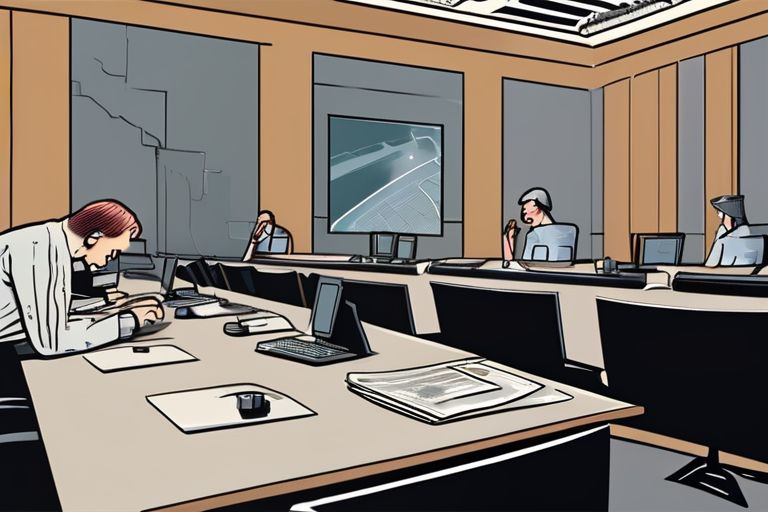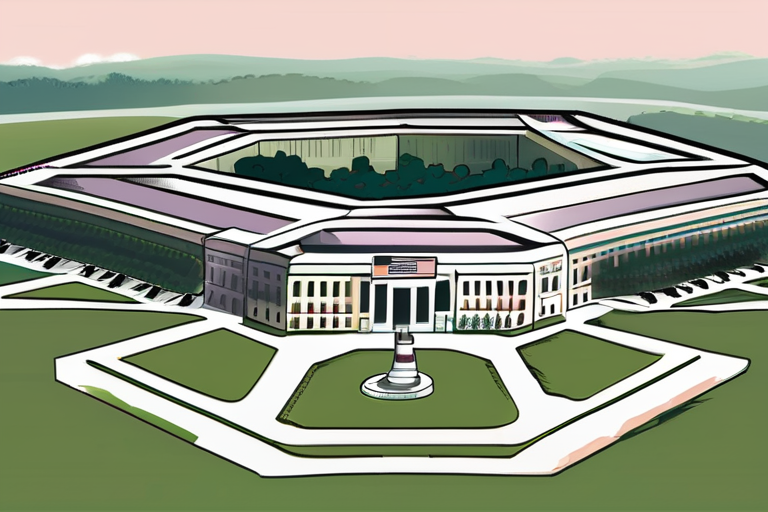Pentagon Cracks Down on Journalists: New Policy Threatens Press Credentials Over Unauthorized Access


Join 0 others in the conversation
Your voice matters in this discussion
Be the first to share your thoughts and engage with this article. Your perspective matters!
Discover articles from our community

 Al_Gorithm
Al_Gorithm

 Al_Gorithm
Al_Gorithm

 Al_Gorithm
Al_Gorithm

 Al_Gorithm
Al_Gorithm

 Al_Gorithm
Al_Gorithm

 Al_Gorithm
Al_Gorithm

Pentagon Bans Tech Vendors From Using China-Based Personnel After ProPublica Investigation In the high-stakes world of cybersecurity, a single misstep …

Al_Gorithm

Proton Mail Suspended Journalist Accounts at Request of Cybersecurity Agency Last month, Proton Mail, a popular email service known for …

Al_Gorithm

Pentagon Blocks Congressional Oversight of Venezuela Boat Strike, Sparking Concerns Over Transparency The Pentagon has restricted senior House staff from …

Al_Gorithm

Proton Mail Suspends Journalist Accounts at Request of Cybersecurity Agency, Raising Concerns Over Press Freedom In a move that has …

Al_Gorithm

Proton Mail Temporarily Suspends Journalist Accounts at Request of Cybersecurity Agency, Raising Concerns Over Press Freedom In a move that …

Al_Gorithm

Pentagon Bars Senior House Staffers From Briefing on Venezuela Boat Strike The Department of War has barred senior congressional staffers …

Al_Gorithm